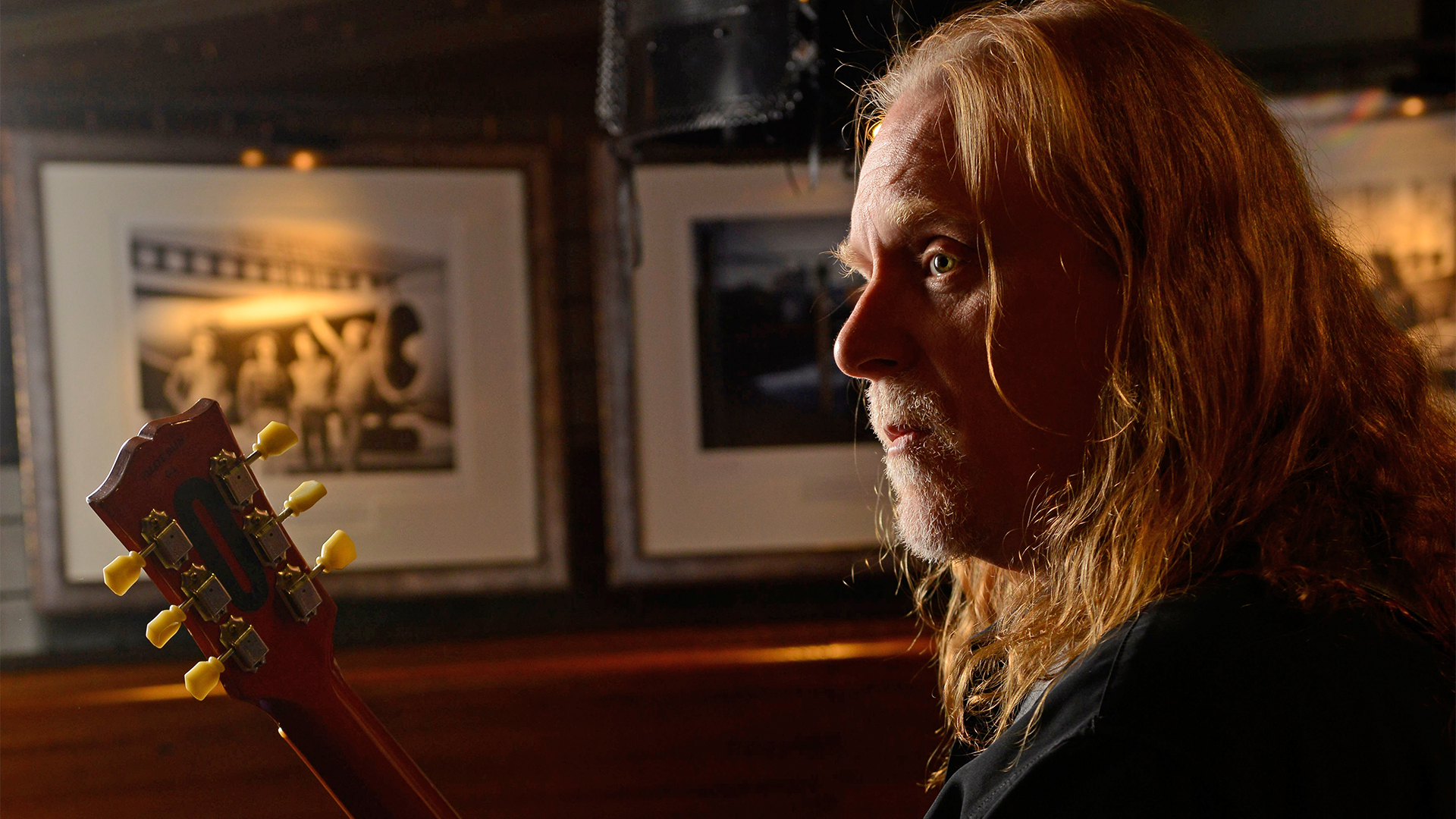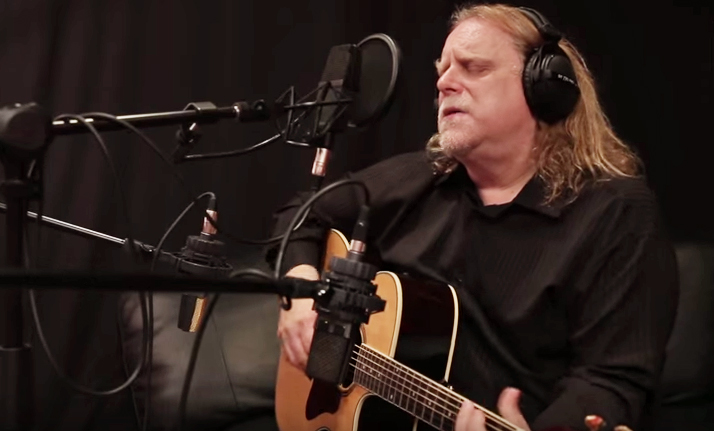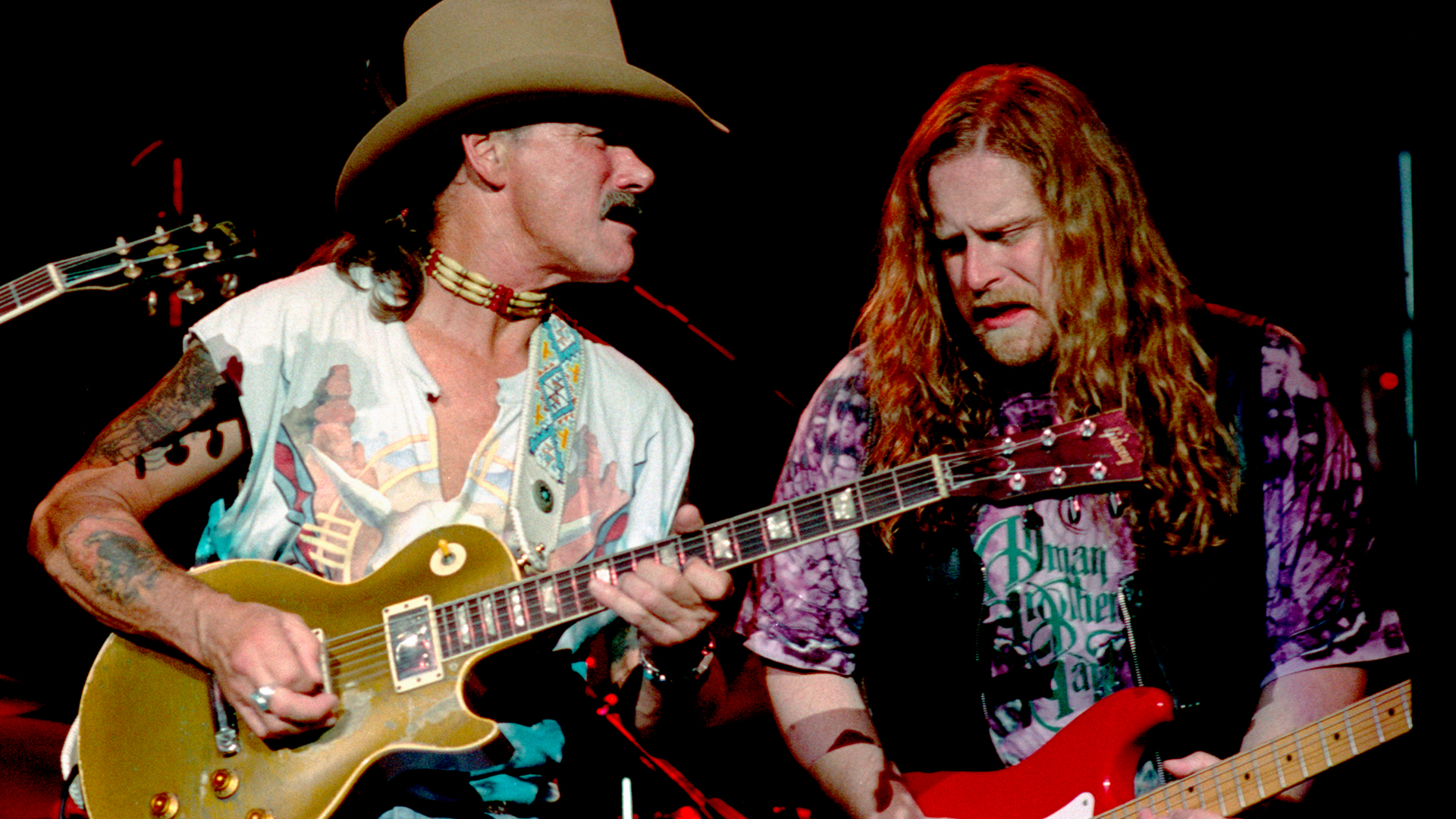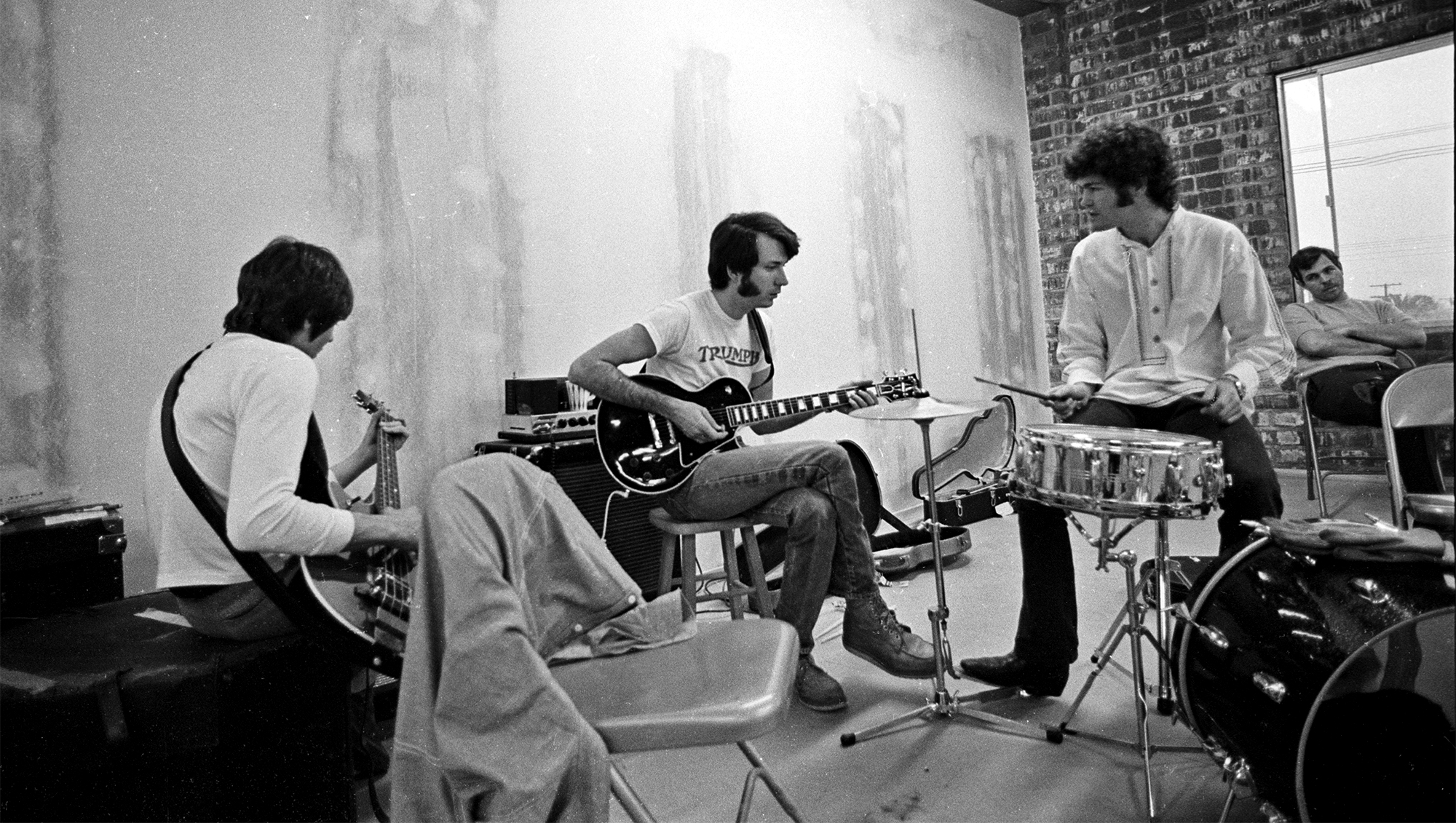“I used to hear people say, 'It's what you don't play that counts.' I thought, What the hell does that even mean?” Warren Haynes explains the two things every guitarist should do to stop sounding like an amateur
The blues powerhouse says he started out as a singer and that it paid dividends when he began to play guitar

At 64, Warren Haynes has had a rich and fruitful career. Few guitarists can match his tastefulness as a lead guitar player. And while others could play rings around him technically, he’s proven that the magic of blues guitar isn’t always about virtuosity. He drove that point home when he delivered two useful pieces of advice in a new interview with Rick Beato.
The YouTube host has a knack for pulling insightful anecdotes and masterful tips from his interview subjects — David Gilmour explaining how he turned his inability into his greatest asset chief among them — and his chat with Haynes proved no different.
Haynes’ advice forces players to look beyond the six strings of their instruments for inspiration. The guitarist knows something about that — although he's best known for his work in the Allman Brothers Band and Gov't Mule, the guitar wasn't his first instrument.
“I started singing first,” he says. “And so all the guitar players that I became enamored with were either singers, or players like Santana that sounded like they were singing through their instrument.
“I loved B.B. King's voice before I cared about guitar. Freddie King I always say would be one of my favorite singers even if he didn't play guitar.”
That saw him offer his first piece of wisdom.
“Some people take offense to it,” he says, “but every musician should listen to singers and drummers. Every musician should learn how to play drums and to sing at least some. It's only going to help with your musicality.”
All the latest guitar news, interviews, lessons, reviews, deals and more, direct to your inbox!
There’s an interesting discrepancy, he says, between what guitarists can do with their instruments and what singers can do with their voices. Yet the limitations that singers face force them to make more tasteful decisions for their phrasing.
“The great singers that we grew up hearing are the best phrasers,” Haynes adds. “You can learn how to phrase better by listening to the greatest singers in the world and translating that into how you play guitar.
“The fact that singers have to breathe automatically gave them this sense of punctuation that you [otherwise] have to learn as a musician. We all know players who play great and have chops but don't know when to take a breath. They need to listen to Aretha Franklin, Ray Charles, or Otis Redding. You can learn from all of them.
“The great singers have tone,” he adds. “They sing one note and it sounds unbelievable; that's the most valuable lesson. You should be able to play one note and have it sound really good. If not, you don't have the right tone.”
Hayne's other nugget of wisdom came after Beato praised his ability to leave acres of space in his lead playing — meaning he takes plenty of breaths throughout his solos. Haynes says he has Miles Davies to thank for that.

“I used to hear people saying, 'It's what you don't play' and I thought, What the hell does that even mean?” he admits.
"Miles supposedly once said 'Listen to what's in your head and then don't play it — play in the spaces.' I thought, Whether that's true or not it's a cool concept.”
Haynes then demonstrates what he means with his sunburst Les Paul, singing archetypal blues lines and then playing only in the spaces between each phrase. His playing is to provide punctuation rather than deliver full sentences. You can find this demonstration at 6:40 in the video above.

“It opens up a whole other door,” he says. “And they open less frequently when we get older, so it's important to run with it.”
The interview comes just after Haynes opened up about the story behind his stunning reinterpretation of the U2 classic, One, and explained how one of the best-loved songs in the Allman Brothers’ catalog was almost lost.
"This one poured right out of us in the studio,” he had said. “We were on a real roll.”
A freelance writer with a penchant for music that gets weird, Phil is a regular contributor to Prog, Guitar World, and Total Guitar magazines and is especially keen on shining a light on unknown artists. Outside of the journalism realm, you can find him writing angular riffs in progressive metal band, Prognosis, in which he slings an 8-string Strandberg Boden Original, churning that low string through a variety of tunings. He's also a published author and is currently penning his debut novel which chucks fantasy, mythology and humanity into a great big melting pot.


